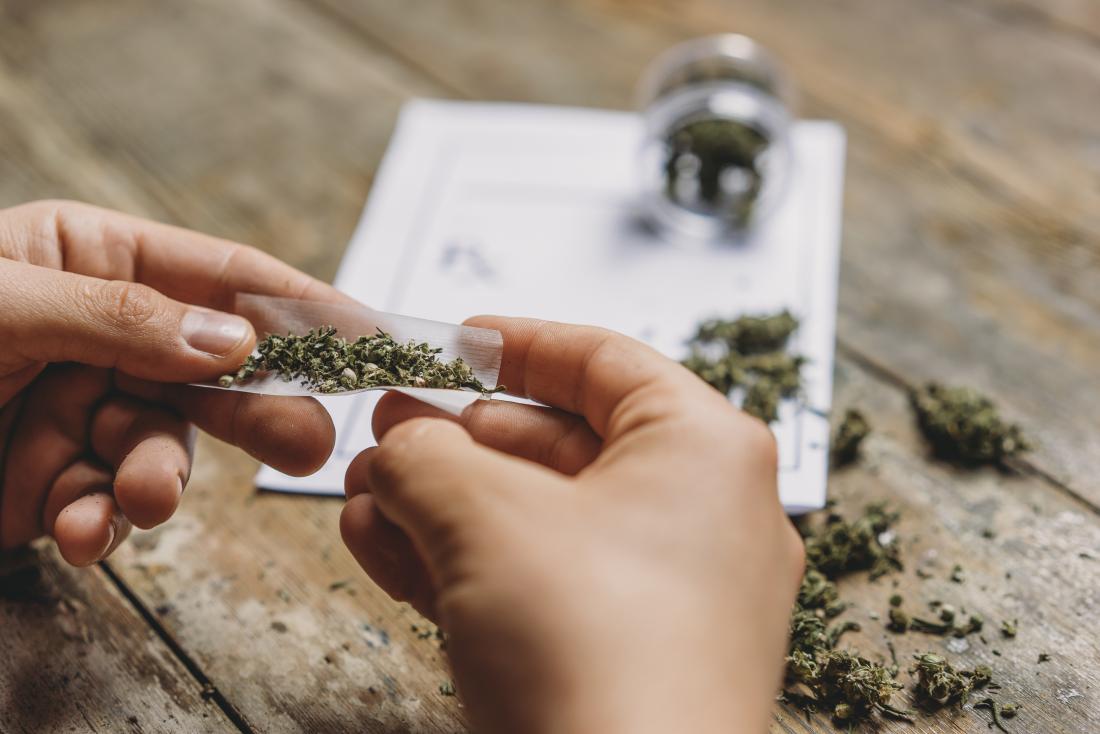 Is marijuana a depressant? Everything you need to know
Is marijuana a depressant? Everything you need to knowAlcoholismAlcohol Alcohol Abuse See more about alcoholism Am I alcoholic? Drugs commonly abused Drug Detox See more about drug addiction Drug addiction treatment What to expect in drug rehabilitationLevel of careTypes of treatment Frequently asked questions Other Treatment ResourcesHospital Rehabilitation and Detoxification Centers Special Rehabilitation Programs Ambulatory " Detox Aftercare " Sober LivingMental HealthHelp for Specific Groups Addiction GuidesRecovery Resources Other ResourcesState TreatmentAll other states Help for Your PatientsHelp for You & Your Staff Connect with UsAbout Us Is marijuana depressive? Is Marijuana a depressive? Marijuana can produce depressive effects, but is it depressive? With more than a decade of editing experience, Tom is a content specialist for advanced recovery systems, he refers to the dried flowers and leaves of the cannabis plant. It is the most widely used in the United States. In many states, however, medical and recreational marijuana is legalized. It is often smoked or eaten in foods. Marijuana acts similar to alcohol, as it has stimulating and depressive properties, according to a publication of the National Institutes of Health. Their side effects start so fast but last longer than alcohol. Many of the compounds — or cannabinoids — present in marijuana cause similar to those of depressants. The National Institute on Drug Abuse and Anti-Drug Administration classifies marijuana as a psychoactive drug with hallucinogenic effects. According to the Centers for Disease Control and Prevention, marijuana is the most used hallucinogen. What is a psychoactive medicine? What is a psychoactive medicine? A psychoactive drug is a chemical that changes a person's brain function. This type of medicinal or recreational substance that alters the mind leads to changes of perception, mood, level of consciousness or consciousness, cognitive functioning or behavior. Marijuana falls into this category because it can cause disorientation, nasty thoughts or feelings of anxiety or paranoia with chronic use, and especially at high doses. It can also affect a person's emotions, decision-making, learning, attention, coordination, reaction time and memory. Intensive use of marijuana can also interfere with relationships, work, school and daily functioning. Because psychoactive drugs are rewarding, they can reinforce drug behaviors that can lead to. What is depressive? What is depressive? What is depressive? Slow or depressive depressants, the central nervous system. The central nervous system is composed of the brain and spinal cord. It is a complex network of nerves and cells called neurons that send signals or messages to different parts of the body. Depressants slow down the rate at which regular activity occurs in the brain and spinal cord by stopping the rate at which the nerves of the body transmit signals by increasing the gamma-aminobutyric acid of the neurotransmitter. Three main types of depressive drugs include barbiturates, benzodiazepines and sleeping medications. Depressive prescription medications, such as and , are intended to treat conditions such as seizures, or . These medicines are useful and generally safe when used for legitimate medical conditions and are taken as prescribed. Although marijuana can produce depressive effects, it is not depressive. Instead of affecting GABA, the sedative effects of marijuana are due to the drug's ability to increase dopamine. A 2016 study in the journal indicated that while the use of marijuana initially increases dopamine levels, the long-term use of the medication ultimately decreases the amount of the neurotransmitter released into the brain. When dopamine levels drop, people experience lethargy and low energy consistent with the effects of depressants. Risks of Depressants Risks of Depressants Risks of depressants include dependency and addiction. These risks are greater when depressants are misused. Taking these medications to achieve a high can lead to serious and dangerous side effects. If combined with other substances that depress the central nervous system or cause drowsiness, the result can be fatal. An overdose may occur, in which a person's heart rate and breathing can significantly decrease, leading to potentially fatal consequences that require emergency medical care. Marijuana and DepressionMarijuana and Depression Evidence of the role of marijuana in depression is insufficient, specifically, either a cause or treatment. Studies have not yet been definitively linked. List I classification of the drug has limited scientific research, but some studies have shown that high doses of marijuana can worsen the existing depression. People who already suffer from depression can use marijuana to calm or numb their negative feelings. Also, people who use marijuana may seem depressed due to the depressive effects of the medication. Note that the classification of a drug as a central depressive of the nervous system is different from the potential effect of the drug on depression. A medicine that depresses your central nervous system does not necessarily cause symptoms of depression, such as sadness, insomnia and loss of interest in activities unless it is used chronically for a prolonged period. Marijuana as Treatment for DepressionMarijuana as Treatment for DepressionSome studies show that low doses of marijuana can help improve depression. This finding means that marijuana correlation with depression is likely to depend on the dose. Results of, showed that marijuana use was associated with a decrease in symptoms of post-traumatic stress disorder (PTSD). The sample reported an average of up to 75% reduction in all areas of PTSD symptoms. However, scientists concluded that more research was needed to account for the variables. However, in the midst of contradictory data, the American Psychiatry Association notes that there is no scientific evidence to support the use of marijuana as a viable treatment for depression or any psychiatric illness. If you are living with marijuana addiction and co-occurring disorders such as depression or anxiety, . A representative may discuss treatment options that are customized to meet their specific needs. Make the call and start the treatment today. Bloomfield, M.A.P. et al. (2016, 17 November). The effects of Δ9-tetrahydrocannabinol on the dopamine system. Retrieved from Centers for Disease Control and Prevention. (2018, February 27). Health Effects: Marihuana: How can your health affect? Retrieved fromCenters for Disease Control and Prevention. (2018, 7 March). What is marijuana? Retrieved fromKorem, N. " Akirav, I. (2014, June 5). Cannabinoids prevent the effects of a footshock followed by situational reminders about emotional processing. Retrieved fromLevine, D. (2017, August 8). Iron and Depression: Marijuana For Depressed Brains? Retrieved fromMurray, J.B. (1986, January). The effect of marijuana on human cognitive functions, psychomotor functions and personality. Retrieved from National Institute on Drug Abuse for Teens. (2017, March). Depressive prescription drugs. Consulted by the National Drug Abuse Institute (2018, June). Marijuana. Drug data. Retrieved fromScience Daily. (n.d.). Psychoactive drug. Terms of reference. Retrieved fromStangor, C. (n.d.). 6.2 To relieve awareness of psychoactive drugs. Retrieved fromTaylor & Francis. (2014, 22 May). Cannabis effect in PTSD: Can smoking medicinal marijuana reduce symptoms? Retrieved fromWilde, C. (2015, February 4). The RIA neuroscience study points to the possible use of medical marijuana for depression. Retrieved fromMedical Disclaimer: The recovery people aim to improve the quality of life of people struggling with a use of substances or mental health disorder with facts-based content on the nature of behavioral health conditions, treatment options and related results. We publish material that is researched, cited, edited and reviewed by licensed medical professionals. The information we provide is not intended to be a substitute for professional medical advice, diagnosis or treatment. It should not be used instead of advice from your doctor or other qualified health care provider. Medical claim: Share on Social Media: The treatment of addiction may feel overwhelming. We know the struggle, so we are qualified to help. Your call is confidential, and there is no pressure to commit to treatment until you are ready. As a voluntary facility, we are here to help you heal... in your terms. Our only focus is to bring you back to the healthy, sober life you deserve, and we are ready and waiting to answer your questions or concerns 24/7. Ready to start? We're here for you. Rehab633 Umatilla Blvd. Umatilla, FL 32784 About usStartLegalAdvanced Recovery SystemsACEP No. 6874
GoogleI'm sorry... Google Sorry... but your computer or network can send automated queries. To protect our users, we cannot process your request right now.

Is Marijuana a Depressant? | The Recovery Village Drug and Alcohol Rehab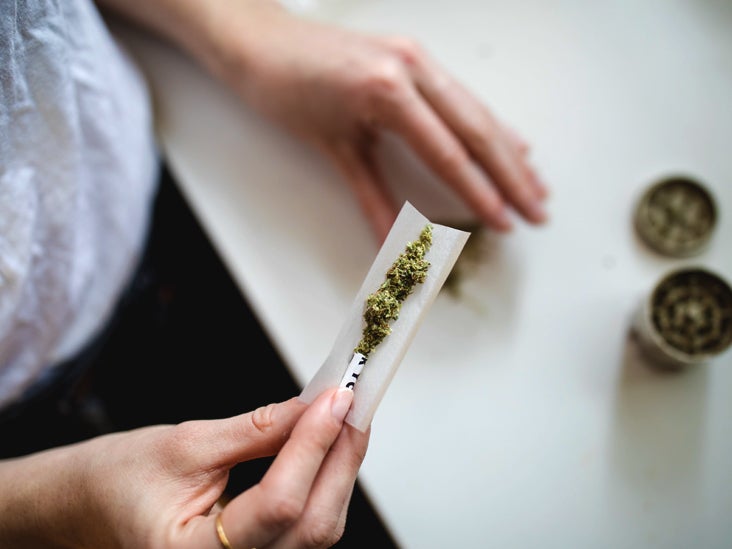
Is Weed a Depressant, Stimulant, or Hallucinogen? Effects, Risks, More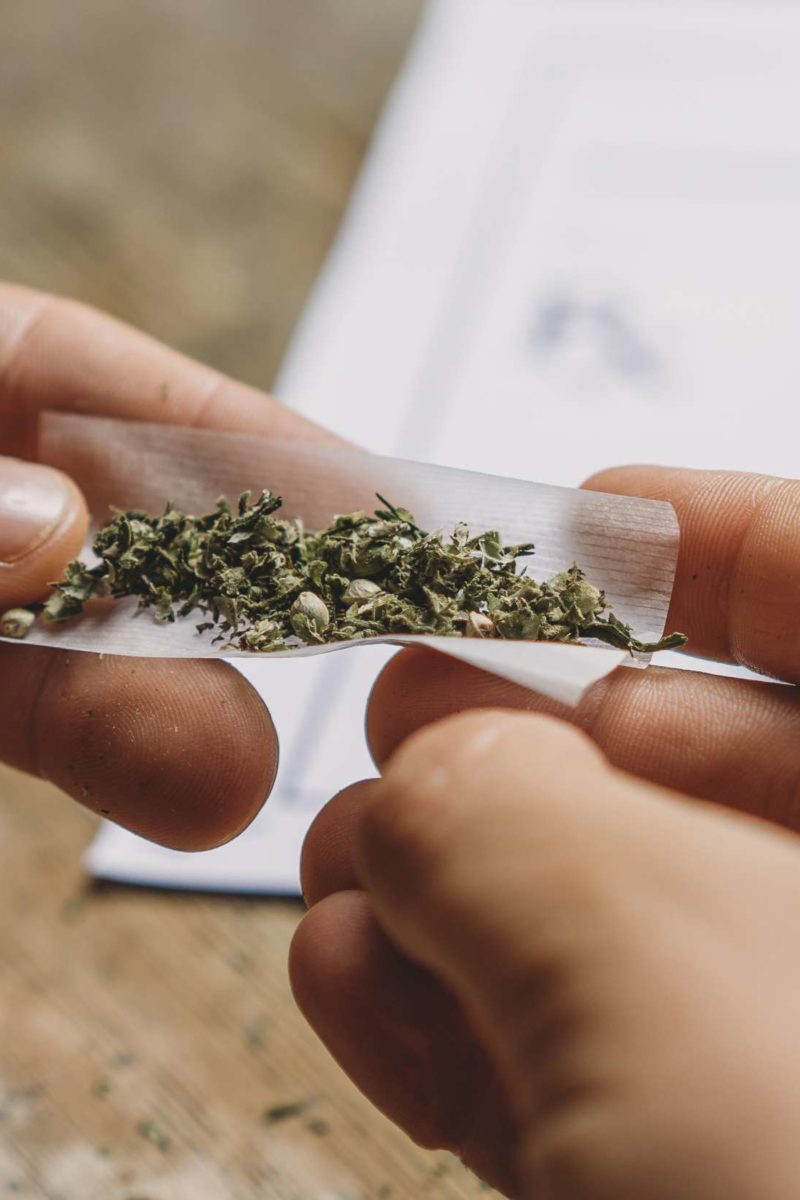
Is marijuana a depressant? Everything you need to know
Is Cannabis a Depressant or Stimulant? | Have A Heart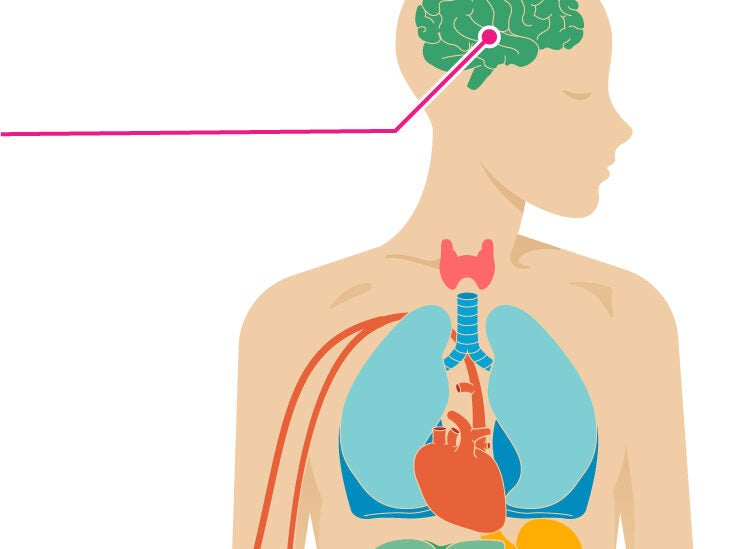
Is Weed a Depressant, Stimulant, or Hallucinogen? Effects, Risks, More
Is Weed a Depressant, Stimulant, or Hallucinogen? Effects, Risks, More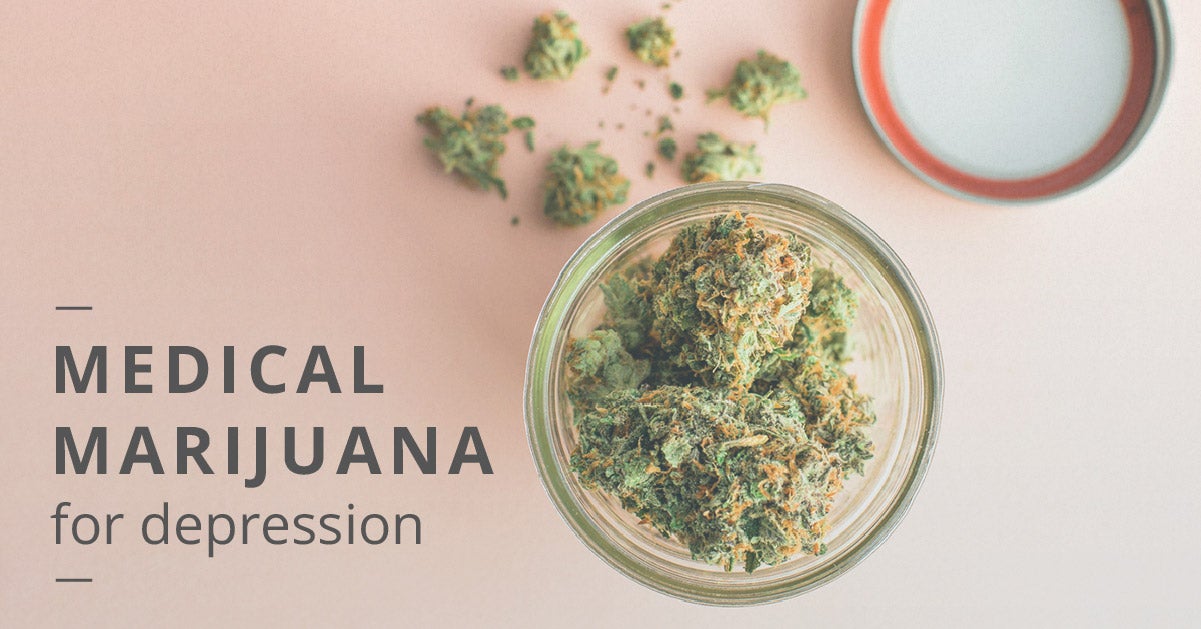
Medical Marijuana for Depression: Know the Facts
Location Data About Legal Cannabis Reveals Shifts in Consumer Behavior | Street Fight
Marijuana | Sanford House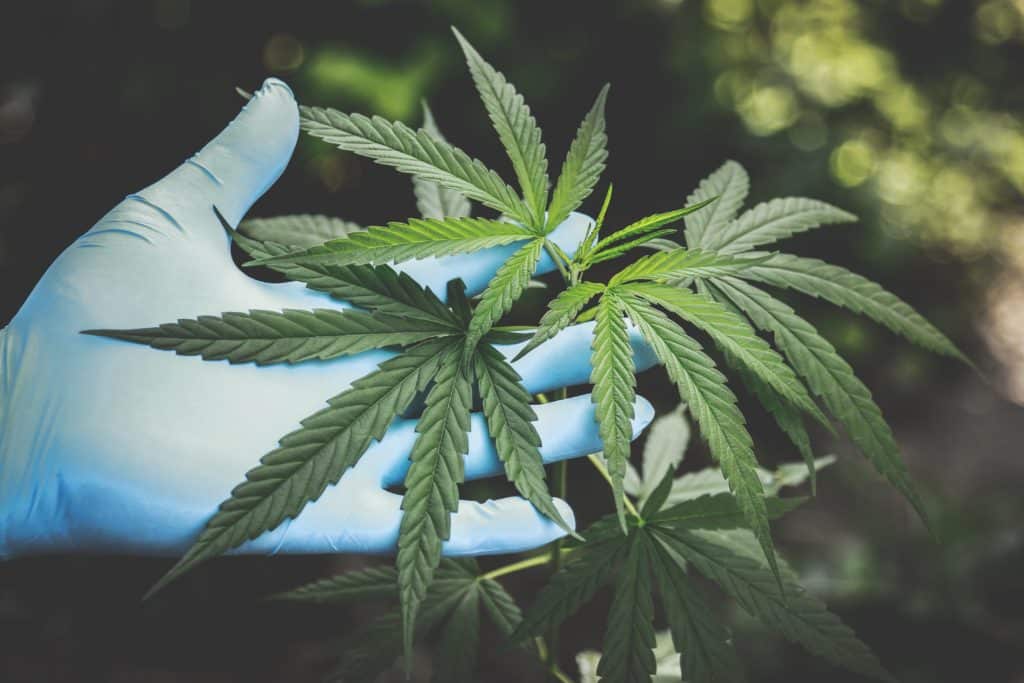
Suboxone and Marijuana: An Overview of Both Treatments | HCRC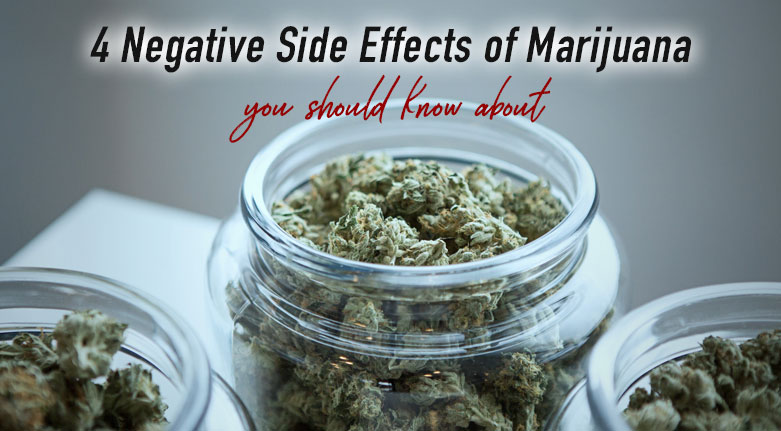
4 Negative Side Effects of Marijuana to Know About | Pure Recovery California/GettyImages-874041882-5b8d58f3c9e77c007bed460b.jpg)
Marijuana: Myths, Effects, Risks, and How to Get Help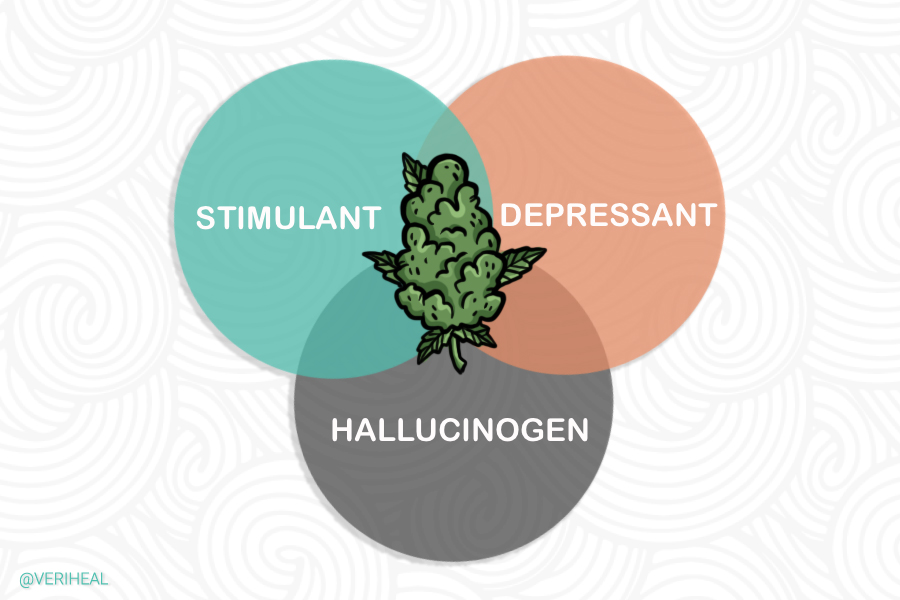
Is Cannabis Classified as a Hallucinogen, Stimulant, or Depressant?
Fibromyalgia Research | New Med Improves Sleep in Fibromyalgia Patients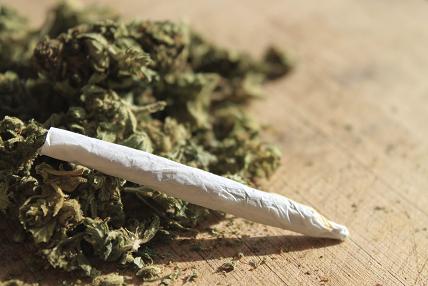
Marijuana: Know the Facts, Connect with Resources - Parent Drug Guide - Partnership to End Addiction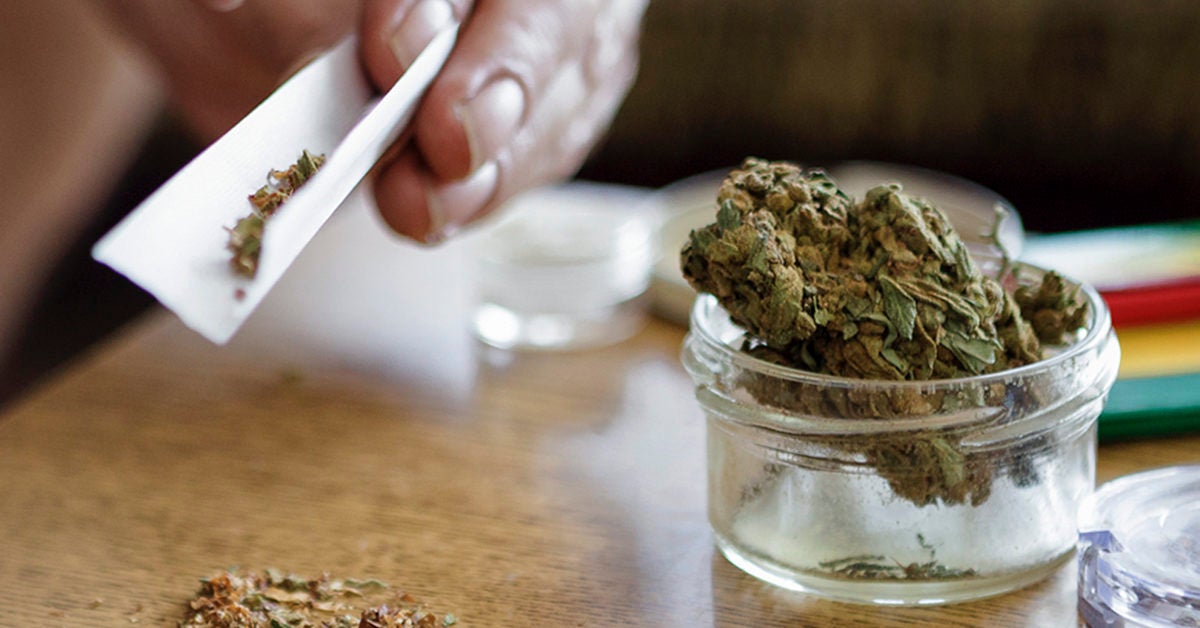
Is Weed Addictive? Cigarettes, Alcohol, Benefits, Side Effects, More
Hallucinogens | Introduction to Psychology
Is Marijuana a Gateway Drug? | Learn More at The Recovery Village
Is Marijuana Depressant, Stimulant or Hallucinogen - How to Classify it in 2021 - Cannabis Legale
Grass (Cannabis) | Ascert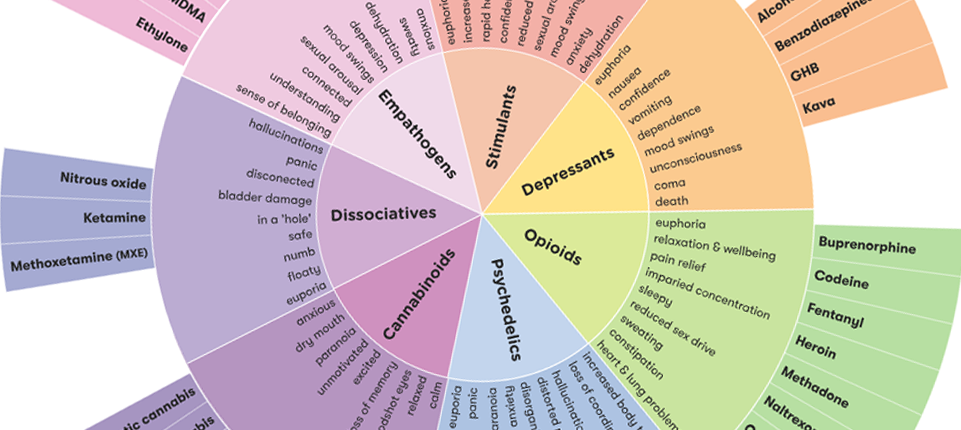
Drug Wheel - Alcohol and Drug Foundation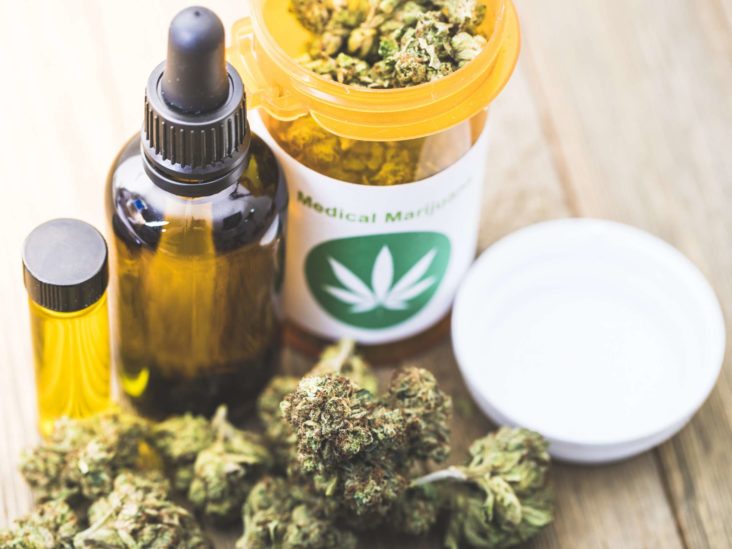
Marijuana for pain: The best strains for chronic pain relief
Is Marijuana a Stimulant or Depressant? (Explained) | FRS
Is Marijuana a Depressant? Is Weed a Depressant?
Is Marijuana a Depressant? You'll Be Surprised!
Marijuana and Depression: How Cannabis Affects Depression
Marijuana (Weed, Cannabis) Drug Facts, Effects | NIDA for Teens
Dangers of Combining Marijuana and Morphine | Talbott Recovery
Marijuana DrugFacts | National Institute on Drug Abuse (NIDA)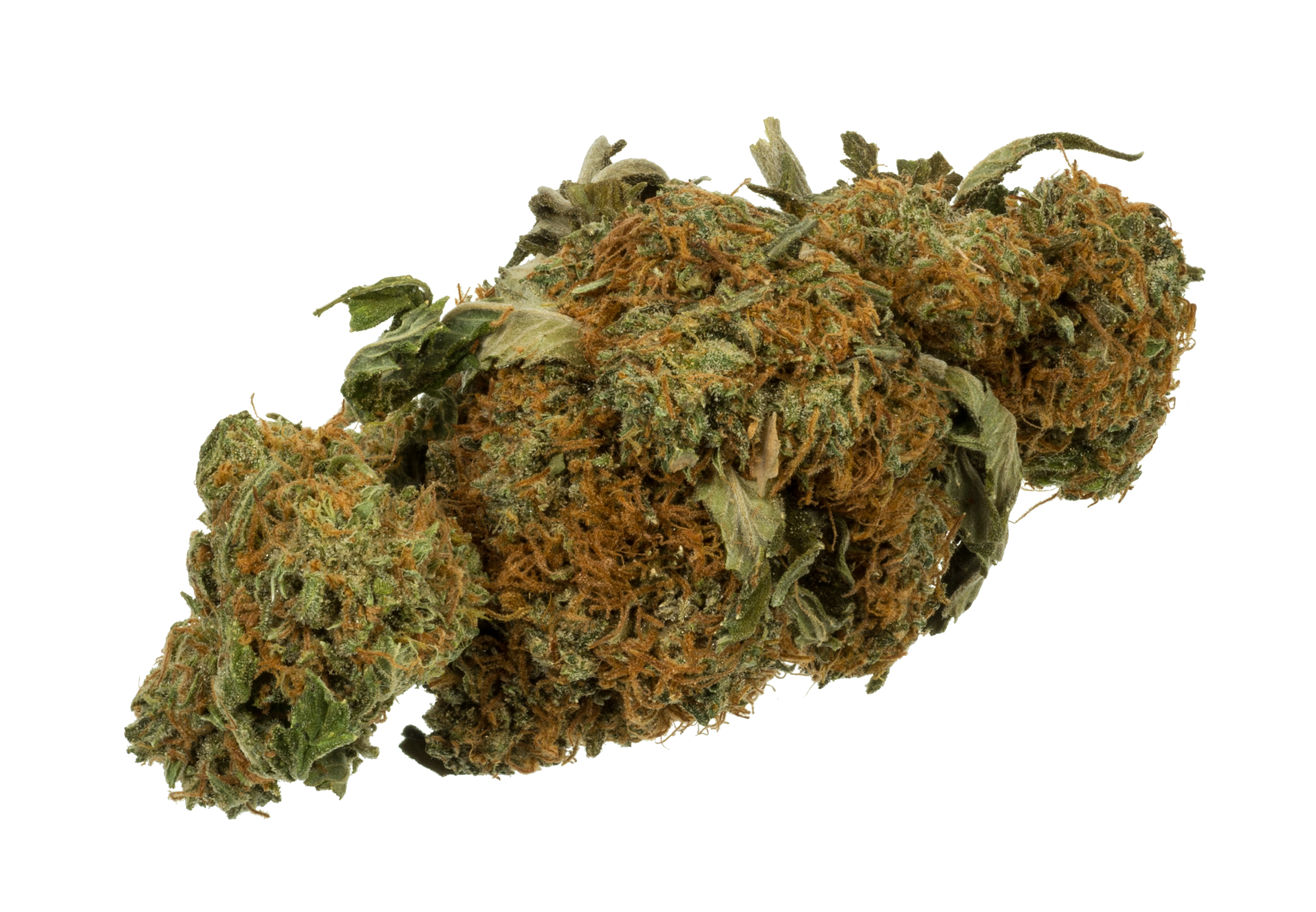
Effects of cannabis - Wikipedia
Mixing Marijuana with Other Drugs | How cannabis interacts with drugs![Cannabis and Your Medications [Infographic] | Canadian Centre on Substance Use and Addiction Cannabis and Your Medications [Infographic] | Canadian Centre on Substance Use and Addiction](https://www.ccsa.ca/sites/default/files/2020-02/CCSA-Cannabis-Interactions-Medications-Health-Effects-Infographic-2020-en.jpg)
Cannabis and Your Medications [Infographic] | Canadian Centre on Substance Use and Addiction
Cannabis and Self-Medicating Anxiety and Depression – Care and Counseling
Some CV drugs increase exposure, psychoactive effects of THC
Cannabis: what is it? - MyDr.com.au
Marijuana DrugFacts | National Institute on Drug Abuse (NIDA)
Is Alcohol a Depressant? - Depressants - Addiction Center
Stimulants And Depressants, And Marijuana by dbc050701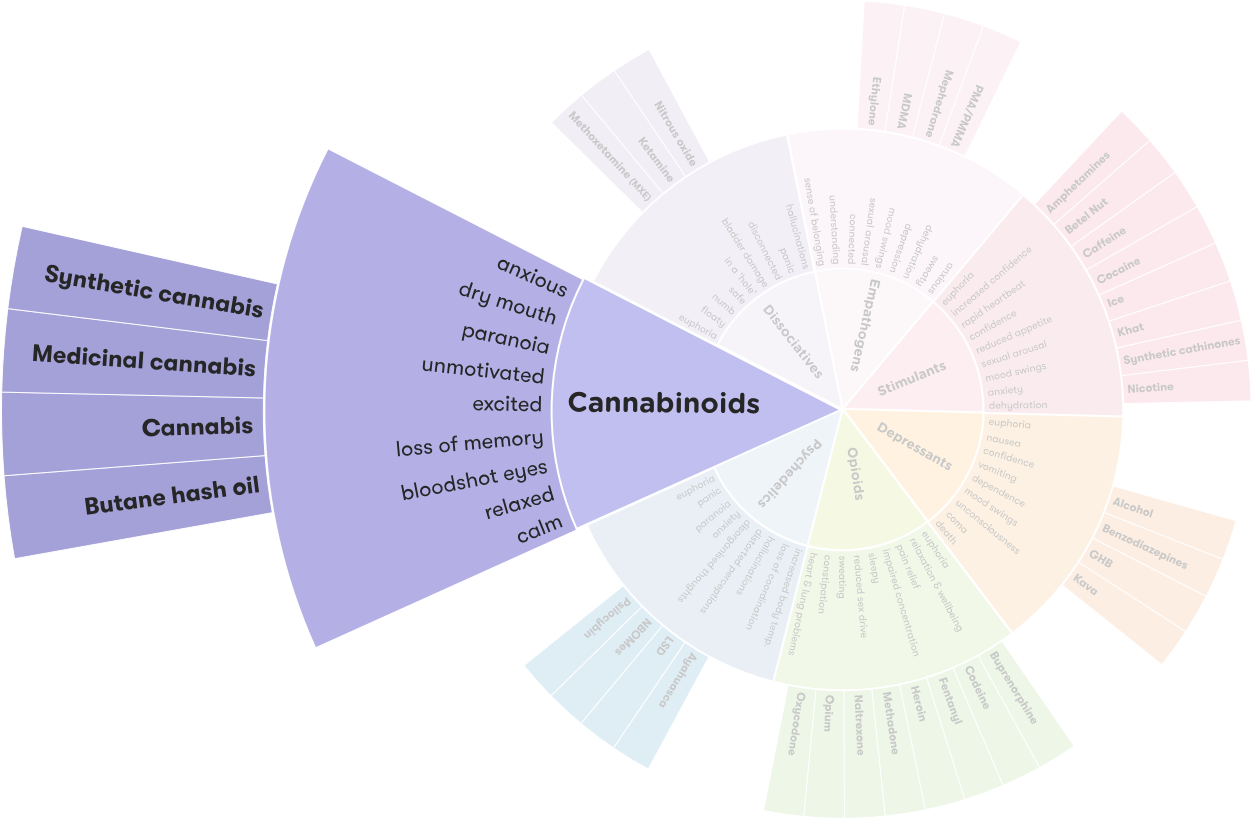
Cannabis - Alcohol and Drug Foundation
 Is marijuana a depressant? Everything you need to know
Is marijuana a depressant? Everything you need to know










/GettyImages-874041882-5b8d58f3c9e77c007bed460b.jpg)



















![Cannabis and Your Medications [Infographic] | Canadian Centre on Substance Use and Addiction Cannabis and Your Medications [Infographic] | Canadian Centre on Substance Use and Addiction](https://www.ccsa.ca/sites/default/files/2020-02/CCSA-Cannabis-Interactions-Medications-Health-Effects-Infographic-2020-en.jpg)






Posting Komentar untuk "is marijuana a depressant"